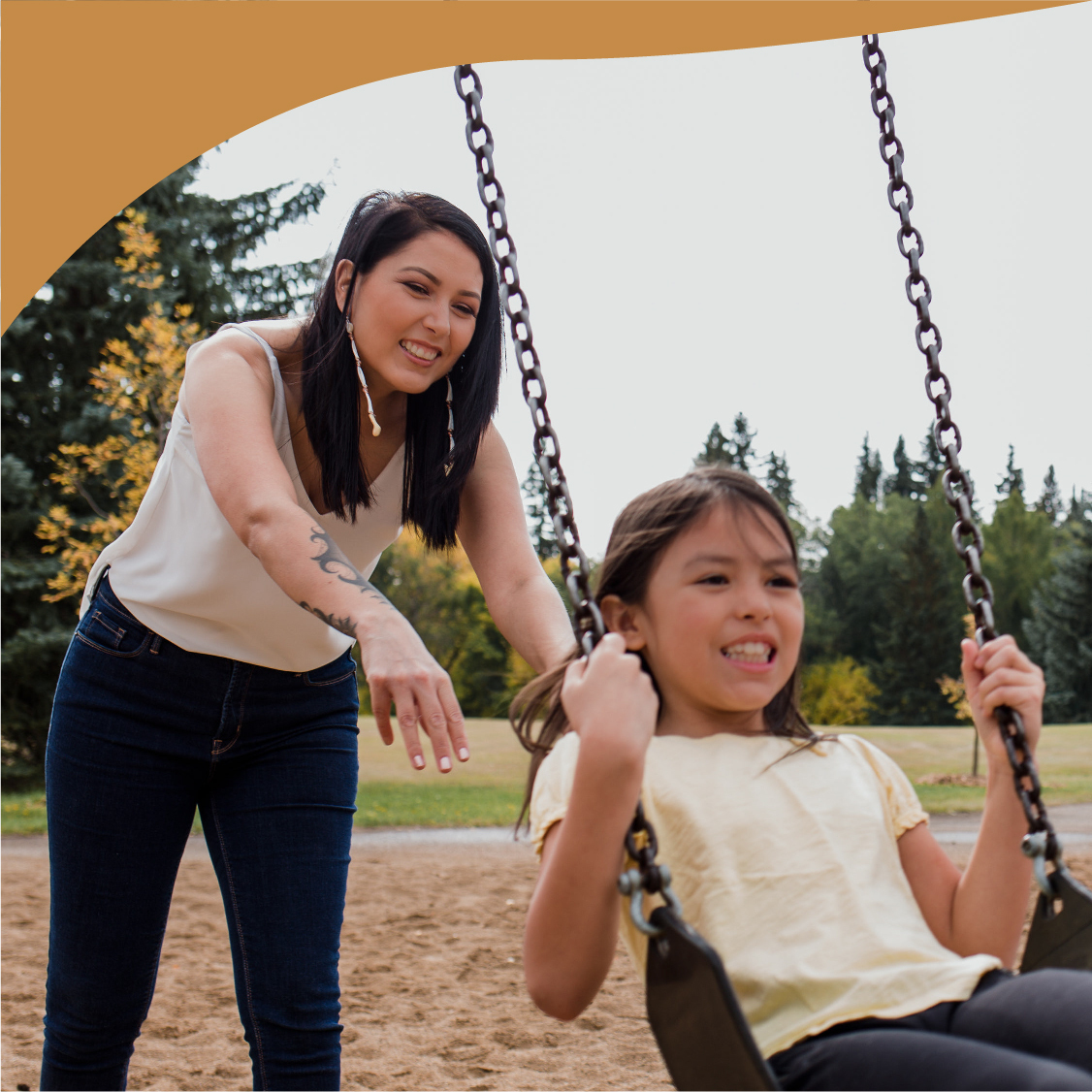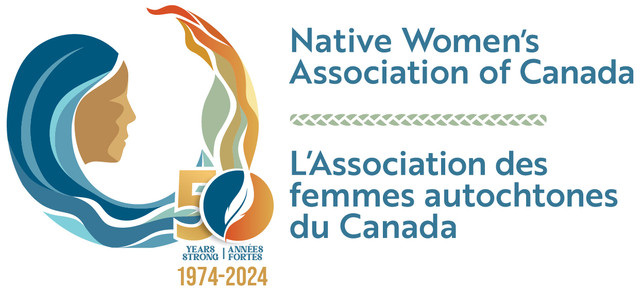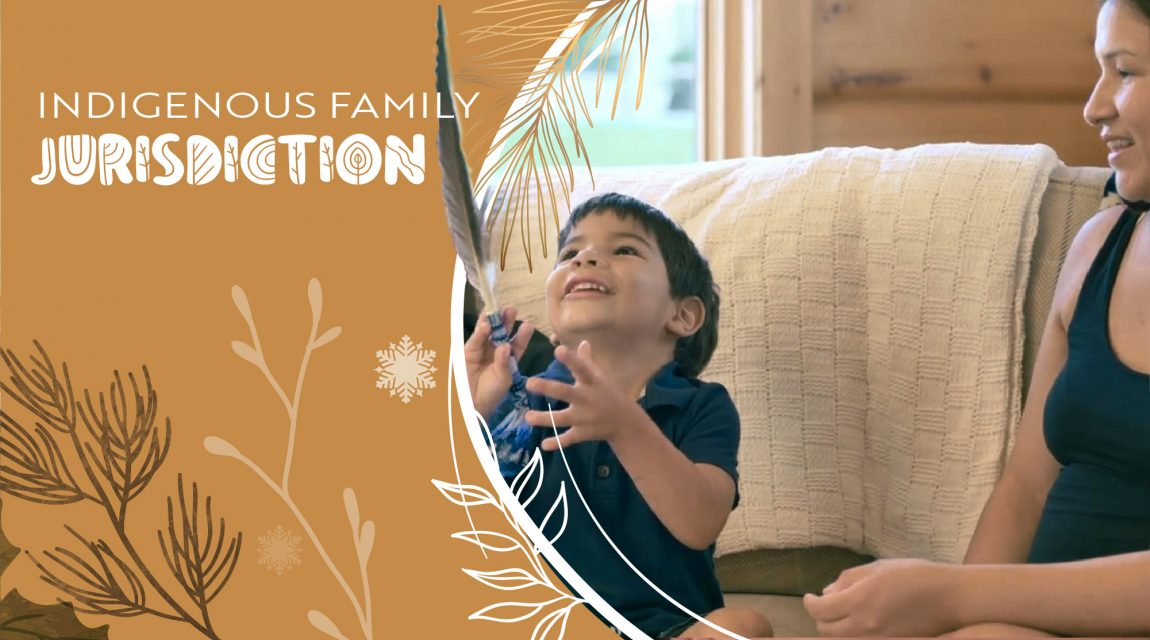Over half the children in state care in Canada are Indigenous, despite making up only 7.7% of the population. This is a “humanitarian crisis,” as described by Patty Hadju, Minister of Indigenous Services Canada (ISC), and reflects Canada’s long history of discriminating against Indigenous Peoples. The federal Act respecting First Nations, Inuit and Métis Children, Youth, and Families is aimed at addressing this crisis by returning jurisdiction over child and family services to Indigenous governing bodies that wish to exercise it, or by working in coordination with them. The Act came into force on January 1, 2020.
The Legal Affairs and Justice Unit received funding from ISC to host and organize six roundtable discussions and 15 one-on-one interviews. These sessions and interviews will be used to gather the perspectives of Indigenous people, including those with lived experiences, child and family services experts, Elders, youth, women, and people from across the country. The roundtables consist of North, South, East, West, national, and youth-focused sessions.

ISC provided 17 topics they hope to learn more about, as the department prepares to table a report in Parliament reviewing how the Act is really being implemented across Canada. NWAC identified eight additional gender-focused issues related to how the Act impacts Indigenous women, girls, and gender-diverse people in particular. These topics include things like typically male-dominated decision-making entities within Indigenous governing bodies, and the discrimination that Indigenous women face when seeking services, such a prenatal care. By considering gender, we look at the ways in which people’s intersecting identities (such as sexual orientation, age, disability, Indigeneity, and history) must be considered in order to stop further unfair treatment.
It is not enough to say that these voices are valued. Active steps must be taken to amplify and address the concerns of Indigenous women, Two-Spirit, transgender, and gender-diverse people. Our unit is working to amplify these voices by positioning them at the centre of our engagement sessions. The discussions and interviews will inform two annual reports to ISC. These reports will outline recommendations on implementation, a summary and discussion of best practices, key concerns and possible solutions related to the 17 government-provided topics, and a summary and discussion of legislative and/or policy amendments to advance the purposes and effectiveness of the Act.
After two months of preparation, we are finally kicking off the roundtable discussions! So far, we have held two (North and South regions) and seven interviews. Elders opened and closed our discussions in a good way, helping conversations to be grounded, safe, and meaningful. It has been an honour to have these professional and personal experts share their stories and advice with us. The discussions have been insightful and impassioned. The participants’ deep care for others and drive to find a better way of doing things has been inspiring. Our recommendations to ISC will surely reflect lived realities and gender-based concerns.
We are looking forward to hosting the remaining roundtables and interviews and continuing to gather this invaluable feedback. The fact that we are hosting our very first youth roundtable is an especially humbling experience for us, and we look forward to amplifying their voices. Every participant has contributed a new and unique perspective, and we look forward to capturing these in our final report.

